The City of Munich is considering a plan to create more affordable housing by building timber apartment blocks on supports over car parks – a concept known as “overbuilding” – and will test the idea this year with a pilot scheme.
Munich’s mayor wants to build homes over the car parks of supermarkets like Lidl and Aldi, but first will construct a four-storey timber-frame block with 120 apartments in the parking lot of the Dantebad aquatic centre in the northwestern suburbs.
We build quickly and cheaply in places where we’ve never seen a building– Alexander Reissl, the parliamentary leader of the SPD in Bavaria
The Dantebad apartments, built by the city’s Gewofag housing association, will be rented to people on below-average earnings who are squeezed out of Munich’s conventional housing market, where the average asking price of a home has topped a million euros.
“This is the result of many discussions with investors and architects, and I find the idea spectacular,” said Dieter Reiter, the city’s social democrat (SPD) mayor.
“We build quickly and cheaply in places where we’ve never seen a building,” he told newspaper Süddeutsche Zeitung.
The scheme is the brainchild of Reiter and Alexander Reissl, the parliamentary leader of the SPD in Bavaria.
The pair want to sell the idea to supermarkets such as Aldi and Lidl. A spokesperson for Aldi Süd said the company was considering it, but worried it wouldn’t work because “most of our stores are located in commercial areas where the construction of residential buildings is not permitted”.
Reiter said he was in discussions with the federal government over loosening zoning restrictions to overcome that problem.
The plan has support from two other political parties, the Christian Social Union (CSU) and the Greens. Walter Incher, the CSU’s planning spokesperson, described the plan as “an interesting idea that should be pursued”.
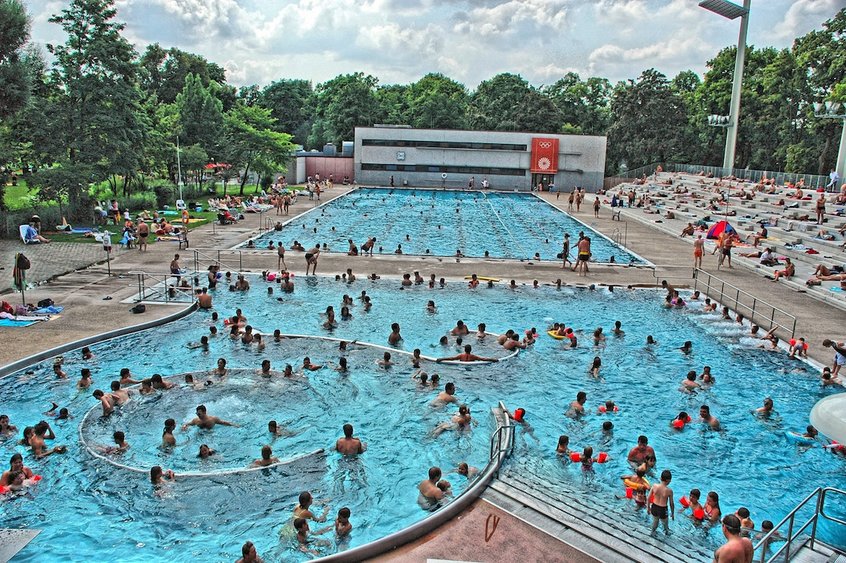
The Dantebad aquatic park, where the scheme will be tested (Guido Radig/Wikimedia Commons)
The Greens claimed that the idea was originally theirs, and that they had already proposed an overbuild scheme at the park-and-ride site adjacent to the Feldmoching train station, also in the north of the city.
The plan is to use timber construction in all subsequent overbuild schemes. Reiter said that would speed up construction.
“Solid wooden houses can be installed within a few months thanks to the use of pre-built components,” he said, adding that they would not be modular systems, but would rather be planned by architects.
Costs would be kept down by installing a shower without a bath, and by avoiding the high-quality parquet flooring that Munich’s apartment owners usually expect.
House prices in Munich are now among the highest in the world, with an average asking price of €1.2m. This has led to complaints that almost nobody can afford to buy a house unless they have inherited money.
Top photograph: A Lidl car park in the UK (Courtesy of Tobermore.co.uk)
Comments
Comments are closed.





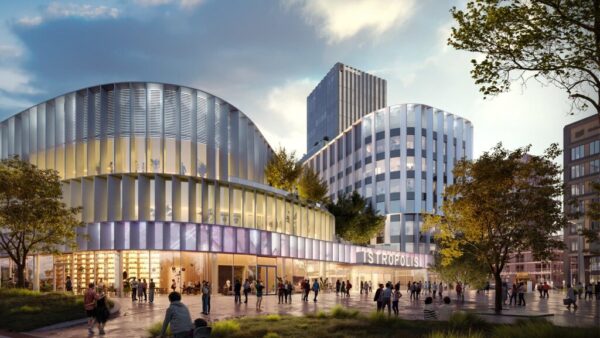
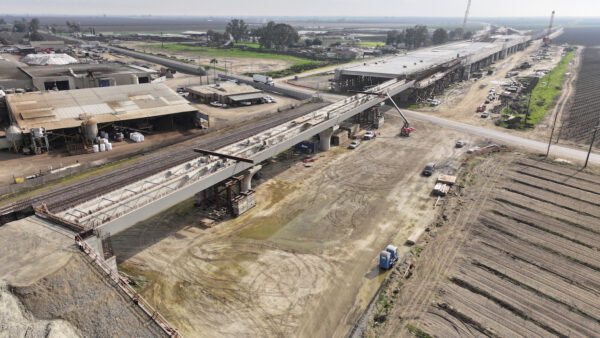
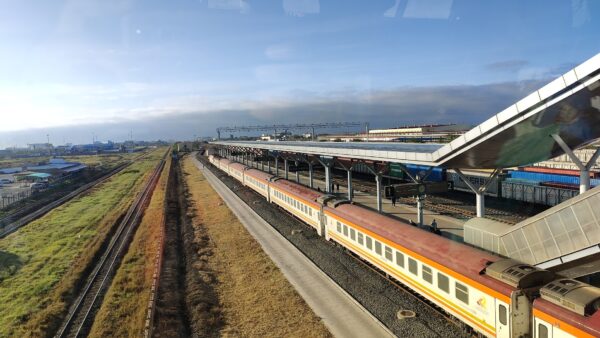
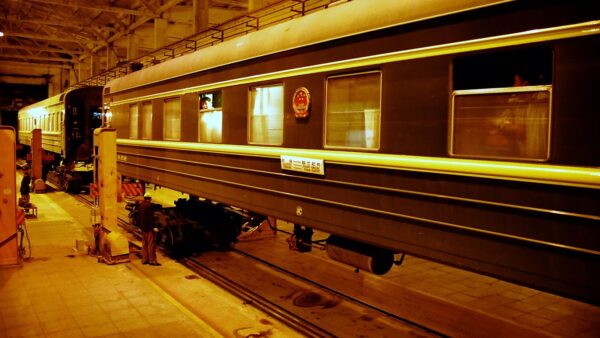
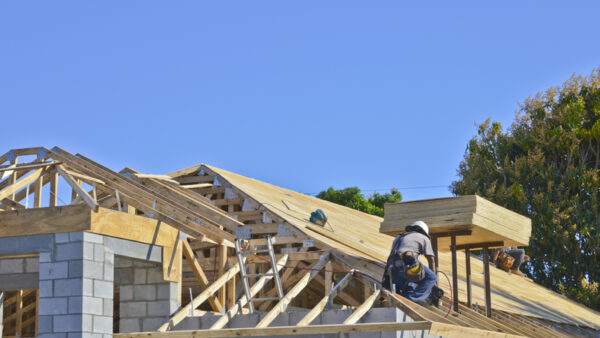
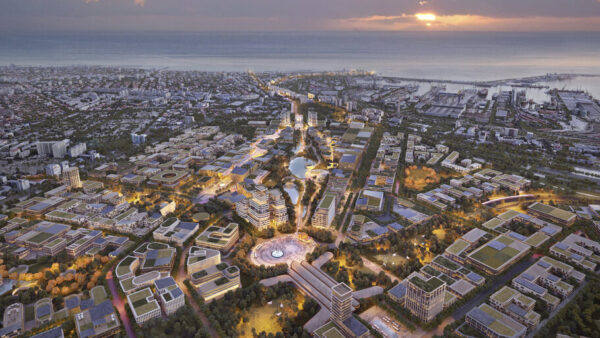
Great idea. Main barrier is the cost and hassle of disruption to car park users and operators who will want compensation for risk and hassle. State or developer will have to guarantee time overruns.
Constructor must be able to warrant fast construction technology & fixed completion periods. But it’s time has come!
Probably only possible under new consents!
A good idea in concept… but surely the fumes from vehicles is not only an unsatisfactory element of living over a carpark but would have huge health effects etc. The expense of additional MEP to support living here and alleviate the fumes is an obvious idea, but I can still imagine living in and around a carpark would be extremely uhealthy
Well said David.
Can anyone beat our 56 hours SoLoft homes build time – from site occupation late (after store business hours) on a Tuesday evening to handover of door keys early (before store business hours) on a Friday morning?
Regarding fume risk. It depends on the type of car park. For example, station car parks which are used mainly by commuters only twice a day produce a lot less fumes and noise around homes than those built near busy main roads used every day of the week.